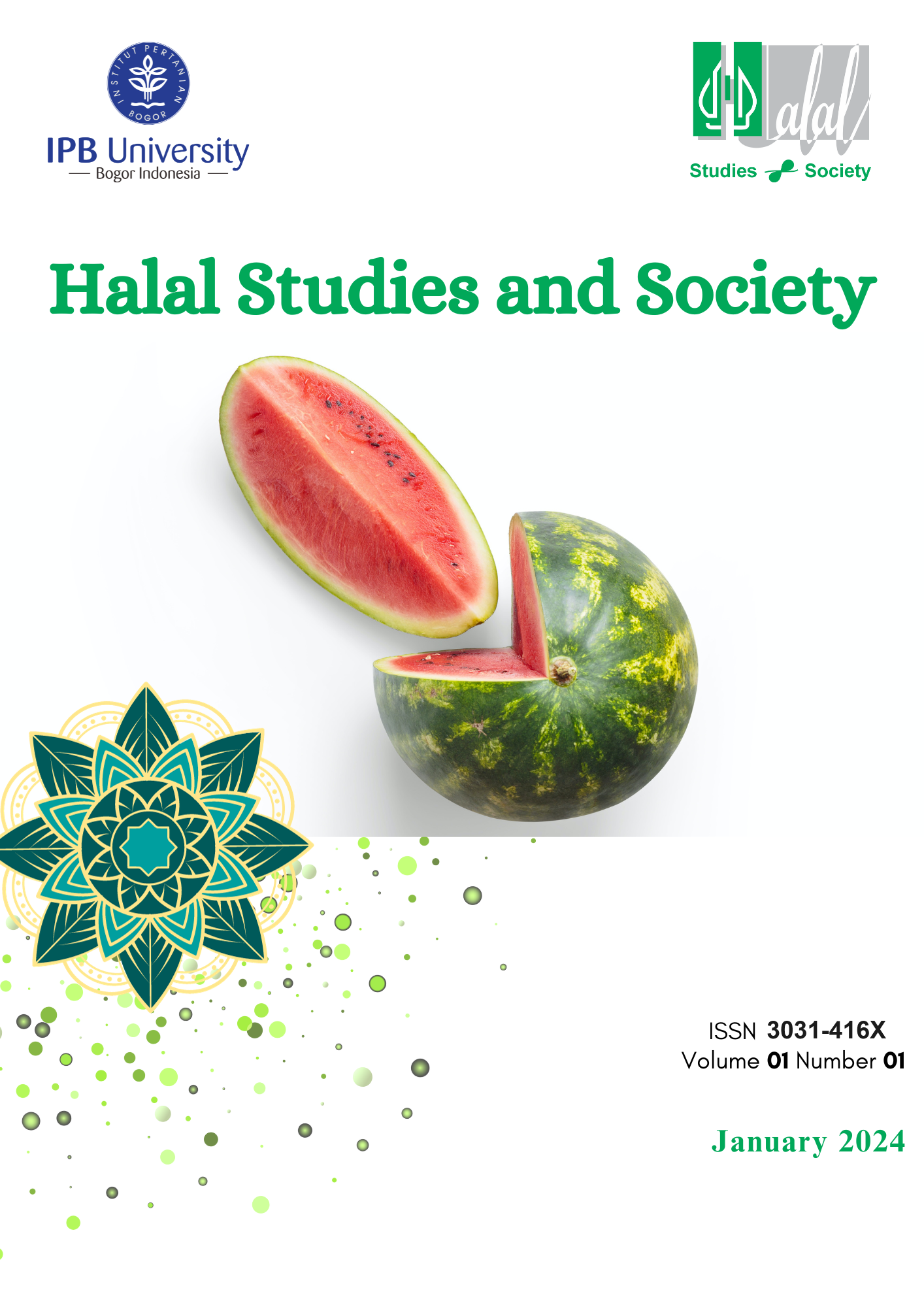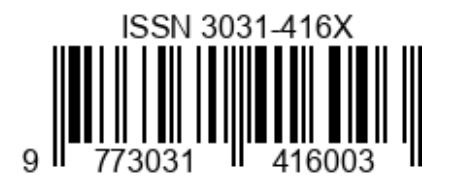Halal enzymatic cosmetic ingredients: the role of enzymes in ingredients selection
Abstract
The large Muslim population in the world lead to an increasing demand for halal products. One of the halal products that is still difficult to determine is cosmetic products. The cosmetics industry is still dominated by non-halal products. One of the active ingredients that is currently popular is the use of enzymes. Many enzymes that isolated from living organisms come from pigs or halal animals that are not slaughtered according to the Islamic law. Ensuring that enzymes used in cosmetics are derived from halal sources is mandatory for achieving halal certification. Cosmetic enzymes generated from microorganisms through fermentation can be considered halal if the raw materials and growth medium are halal-compliant. Compliance with regional and international standards, such as the Indonesian Ulema Council's Fatwa and the Malaysian Cosmetic and Personal Care Standard, is crucial for halal cosmetics. This article aims to provide a comprehensive review of the role of enzymes in the selection of Halal-compliant cosmetic ingredients. The source of the enzymes employed is one approach to assess the halalness of cosmetic products. The utilization of halal enzymes is necessary to give Muslims assurance while using a cosmetic product. Enzymes that are considered halal are enzymes that sourced from plants.
Copyright (c) 2023 CC BY-NC

This work is licensed under a Creative Commons Attribution-NonCommercial 4.0 International License.













